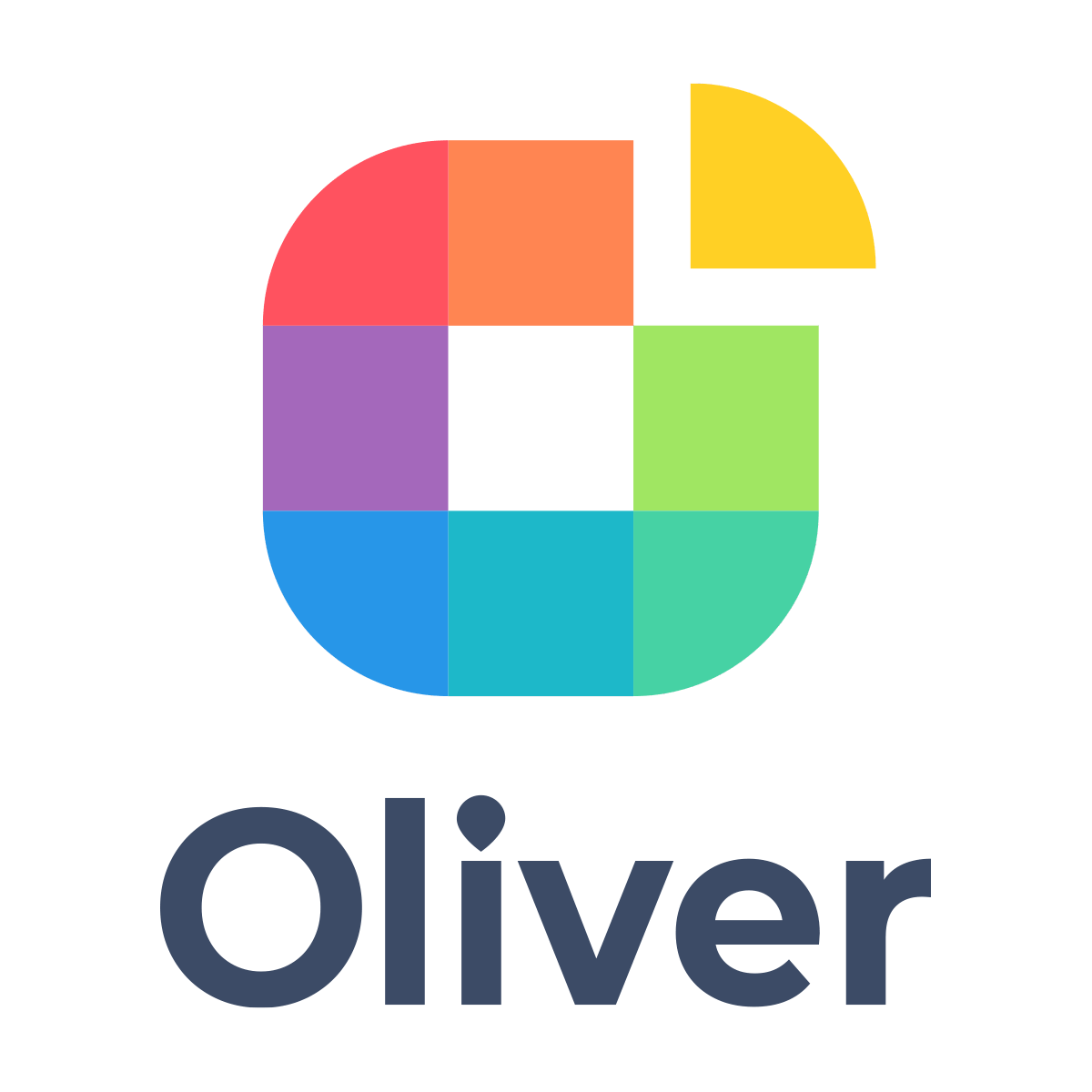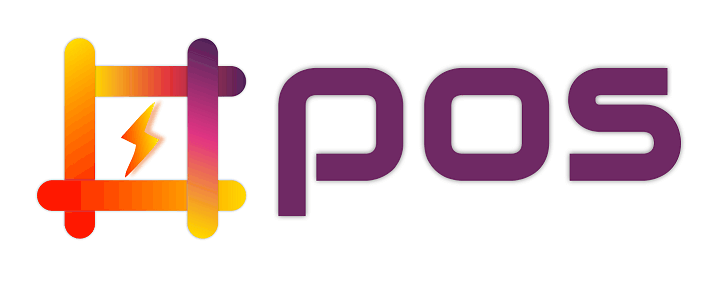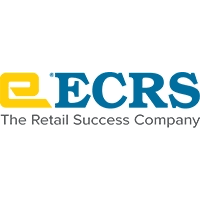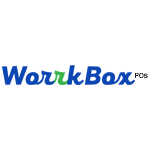Description

Oliver POS

LYTPOS
Comprehensive Overview: Oliver POS vs LYTPOS
Oliver POS and LYTPOS are both point-of-sale systems designed to facilitate transactions and manage sales in retail and hospitality businesses. Here’s a comprehensive overview of each:
Oliver POS
a) Primary Functions and Target Markets:
-
Primary Functions:
- Integration with e-commerce platforms (notably WooCommerce).
- Real-time inventory management and synchronization with online stores.
- Customer relationship management and sales analytics.
- Multi-channel sales support, allowing seamless operation between online and offline platforms.
-
Target Markets:
- Small to medium-sized retailers using WooCommerce for online sales.
- Businesses looking for seamless integration between their brick-and-mortar and online stores.
- Retail setups that require a user-friendly interface and strong inventory management features.
b) Market Share and User Base:
- Oliver POS is particularly popular among WooCommerce users due to its strong integration capabilities, making it a go-to solution for businesses already invested in the WooCommerce ecosystem.
- The market share is more niche, focusing on retailers with existing WooCommerce setups, making it less ubiquitous than standalone POS systems.
- Its user base primarily consists of small to medium enterprises seeking a cost-effective, integrated POS solution.
c) Key Differentiating Factors:
- Integration with WooCommerce: Oliver POS excels in integrating directly with WooCommerce, offering a seamless experience for businesses managing both online and in-person sales through this platform.
- Focus on E-commerce Synchronization: Its strength lies in bridging the gap between online and offline sales for businesses, offering a single system to manage both efficiently.
LYTPOS
a) Primary Functions and Target Markets:
-
Primary Functions:
- Transaction processing with support for various payment methods.
- Inventory management and reporting.
- Employee management features.
- Customer loyalty programs and CRM integration.
-
Target Markets:
- Small to medium-sized retail businesses across various sectors, including clothing stores, electronics, and general retail.
- Hospitality businesses such as cafés and small restaurants that require straightforward POS solutions.
b) Market Share and User Base:
- LYTPOS caters to a diverse range of small to medium-sized businesses, providing flexibility in different retail and hospitality environments.
- It holds a general POS market position with a relatively wider audience compared to niche-specific systems like Oliver POS.
- The user base is broader due to its applicability across various retail sectors and its appealing features for hospitality services.
c) Key Differentiating Factors:
- Versatility Across Sectors: Unlike Oliver POS, which focuses on WooCommerce integration, LYTPOS is designed to cater to a wider array of industries with diverse requirements.
- Feature-Rich for Retail and Hospitality: LYTPOS offers extensive features tailored for retail operations and hospitality services, making it an appealing choice for businesses needing comprehensive management tools.
Summary and Comparison
- Oliver POS stands out for its robust integration with WooCommerce and is ideal for businesses with a strong e-commerce presence looking to synchronize their operations with physical sales.
- LYTPOS is more versatile, catering to a broader range of industries with feature sets designed to support both retail and hospitality operations.
In conclusion, the choice between Oliver POS and LYTPOS largely depends on a business's specific needs—specifically, whether they prioritize e-commerce integration or require a versatile system that can handle a range of retail operations. Each has its strengths tailored to its target audience, impacting overall market share and user demographics accordingly.
Contact Info

Year founded :
Not Available
Not Available
Not Available
Not Available
Not Available

Year founded :
Not Available
+91 99905 55850
Not Available
India
http://www.linkedin.com/company/lytpos
Feature Similarity Breakdown: Oliver POS, LYTPOS
When comparing point-of-sale (POS) systems like Oliver POS and LYTPOS, it is important to consider their core features, user interfaces, and unique functionalities. Here’s a breakdown based on what's typically important in the POS industry, though specifics may vary:
a) Core Features in Common:
-
Sales Processing:
- Both Oliver POS and LYTPOS provide efficient sales processing capabilities, allowing users to handle transactions, process payments, and issue receipts comprehensively.
-
Inventory Management:
- They both offer features to manage and track inventory levels, helping businesses keep stock data up-to-date and manage reordering processes.
-
Customer Management:
- Customer data management is a common feature, enabling businesses to maintain customer profiles, purchase histories, and loyalty programs.
-
Reporting and Analytics:
- Both systems typically include reporting and analytics tools to help businesses gain insights into sales, customer behavior, and inventory trends.
-
Integrations:
- Oliver POS and LYTPOS often support integrations with other business tools like accounting software, eCommerce platforms, and payment gateways.
-
Multi-device Support:
- They generally support operation on multiple devices such as tablets, desktops, and mobile, allowing flexibility in point-of-sale configurations.
b) User Interfaces Comparison:
-
Oliver POS:
- Oliver POS is known for its seamless integration with WooCommerce, providing a familiar and user-friendly interface for those already using the platform for eCommerce. The interface is typically clean and designed for ease of navigation, making it particularly appealing for users who appreciate simplicity and integration with existing WordPress-based systems.
-
LYTPOS:
- LYTPOS might offer a more conventional POS interface with customizable features tailored for broader retail or specific industry needs. Depending on its design philosophy, LYTPOS may have a robust and versatile interface capable of catering to a wide range of retail operations.
c) Unique Features:
-
Oliver POS:
- WooCommerce Integration: A standout feature is its deep integration with WooCommerce, making it particularly attractive for businesses that operate online stores with WooCommerce.
- WordPress Plugin: It functions as a direct extension or plugin of WordPress, allowing for seamless updates and management within the WordPress dashboard.
-
LYTPOS:
- Industry-specific Customizations: LYTPOS might offer unique customizations that cater to specific sectors, such as restaurants or specialty retail, which could include features like table management or specific loyalty program implementations.
- Hardware Compatibility: It might support a broader range of POS hardware, giving businesses more flexibility in setting up physical operations.
Ultimately, the choice between Oliver POS and LYTPOS may depend on the specific needs of a business, such as the level of integration desired with eCommerce platforms or the necessity for industry-specific features. It's always recommended to engage in a detailed demo or trial of each system to assess how these features align specifically with business requirements.
Features

Not Available

Not Available
Best Fit Use Cases: Oliver POS, LYTPOS
Oliver POS
a) Best Fit Use Cases for Oliver POS:
-
E-commerce and Brick & Mortar Integration:
- Oliver POS is ideal for businesses that operate both online and physical stores. It seamlessly integrates with WooCommerce, making it a great choice for retailers who want to synchronize their online presence with in-store operations.
-
Small to Medium Retail Businesses:
- Designed with small to medium-sized businesses in mind, Oliver POS provides an affordable and scalable solution that supports growth without the need for heavy IT investments.
-
Customization and Flexibility:
- For stores that require tailored solutions, Oliver POS offers a highly customizable platform, allowing businesses to tweak the system to better fit their niche requirements, such as bespoke retail services or specialized inventory management.
-
Retailers Needing Real-time Analytics:
- Businesses that thrive on data-driven decisions will benefit from Oliver POS’s robust reporting and analytics features, which provide real-time insights into sales performance, inventory status, and customer behavior.
-
Boutiques and Specialty Stores:
- It functions well for boutiques and specialty stores that need a sleek and user-friendly interface, offering ease of use and efficient transaction processes.
d) Industry Verticals and Company Sizes:
- Retail: Particularly effective for fashion, electronics, home goods, and specialty retail.
- Hospitality: Cafés and small eateries might find it useful, though its primary strength lies in retail.
- Company Sizes: Small to medium-sized businesses are the primary target, supporting hundreds to thousands of transactions monthly without needing sophisticated infrastructure.
LYTPOS
b) Preferred Use Cases for LYTPOS:
-
Simplified, Cost-Effective Solutions:
- LYTPOS is suitable for small businesses that require a straightforward and cost-effective solution to manage sales without extensive features and overly complex systems.
-
Quick Deployment for New Businesses:
- Ideal for new or pop-up retail businesses and restaurants that need a POS solution quickly and without extensive setup.
-
Basic Inventory and Revenue Tracking:
- For businesses that require basic inventory management and revenue tracking, LYTPOS provides the necessary functions without overwhelming users with excess features.
-
Budget-Conscious Enterprises:
- Especially for businesses that are highly cost-sensitive, LYTPOS provides a minimalistic feature set, focusing on core sales functionalities at a reduced cost.
-
Food Trucks and Small Eateries:
- Due to its simplicity and ease of use, it’s well-suited for food trucks and small eateries that prioritize speed and efficiency in transactions over comprehensive inventory management.
d) Industry Verticals and Company Sizes:
- Retail and Food Services: Simple retail scenarios and small-scale food service operations.
- Company Sizes: Best suited for micro to small businesses operating with a limited number of employees and handling comparatively lower transaction volumes.
- Startups and Pop-up Shops: Ventures needing quick POS setups and straightforward functionalities with minimal investment.
In summary, Oliver POS is better suited for businesses seeking integration and customization with a strong e-commerce presence, while LYTPOS is more appropriate for small enterprises needing an easy-to-use and budget-friendly solution.
Pricing

Pricing Not Available

Pricing Not Available
Metrics History
Metrics History
Comparing undefined across companies
Conclusion & Final Verdict: Oliver POS vs LYTPOS
To provide a final verdict on Oliver POS and LYTPOS, let's evaluate both products based on available information and compare their value offerings to determine which one presents the best overall value. Additionally, we will highlight the pros and cons of each and offer recommendations for users deciding between them.
a) Best Overall Value
Oliver POS generally provides better overall value for small to medium-sized businesses that prioritize e-commerce integration due to its seamless compatibility with WooCommerce and Shopify. It is especially beneficial for businesses that rely heavily on these platforms, offering an integrated solution that simplifies inventory management and sales tracking across online and offline channels.
LYTPOS could be favored by businesses looking for a straightforward and potentially more cost-effective point-of-sale solution without the need for extensive integration with e-commerce platforms. It often caters to physical retail environments and might be suitable for traditional retail stores looking for a simple and efficient POS system.
b) Pros and Cons
Oliver POS:
-
Pros:
- Strong integration with e-commerce platforms like WooCommerce and Shopify.
- Features designed to streamline operations for omnichannel retailers.
- Offers a user-friendly interface and flexibility in managing online and offline sales.
-
Cons:
- May have a steeper learning curve for users unfamiliar with e-commerce integrations.
- Sometimes perceived as more costly if not all features are required by the user.
- Dependency on e-commerce platforms might be seen as a limitation for purely brick-and-mortar stores.
LYTPOS:
-
Pros:
- Simplicity and ease of use, suitable for small retail shops prioritizing in-store sales.
- Potentially lower initial costs for businesses that do not require complex integrations.
- Reliable and stable for traditional retail operations.
-
Cons:
- Limited e-commerce integration capabilities might not meet the needs of businesses looking to expand their online presence.
- May lack some advanced features that Oliver POS offers for inventory and customer management.
- Might not scale as easily with business growth that involves online channel expansion.
c) Recommendations
-
For E-commerce-focused or Omnichannel Businesses: Oliver POS is recommended due to its robust integration with major e-commerce platforms and its ability to unify online and offline sales operations. It is ideal for users looking to maintain a cohesive multi-channel retail strategy.
-
For Traditional Brick-and-Mortar Retailers or Cost-sensitive Users: LYTPOS could be the preferred choice for its simplicity and lower potential costs. It's a good fit for users who primarily operate physical stores and do not need extensive online integrations.
Final Decision-Making Tip: Users should evaluate their current business model, existing infrastructure, and growth plans to determine which POS system aligns best with their operational needs and budget. It's beneficial to leverage free trials or product demos to assess the user experience and ensure the selected POS system caters to specific business requirements.
Add to compare
Add similar companies




